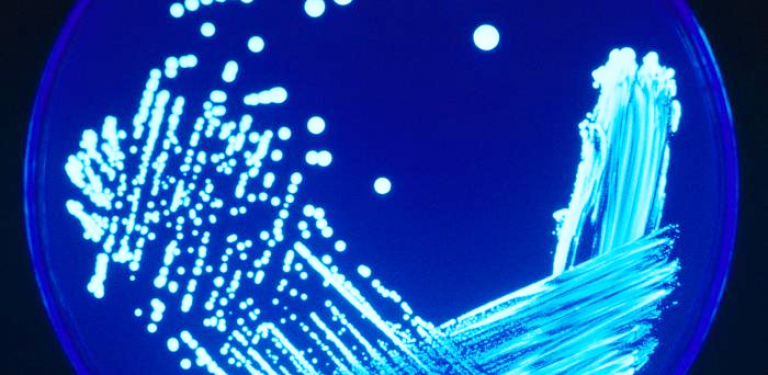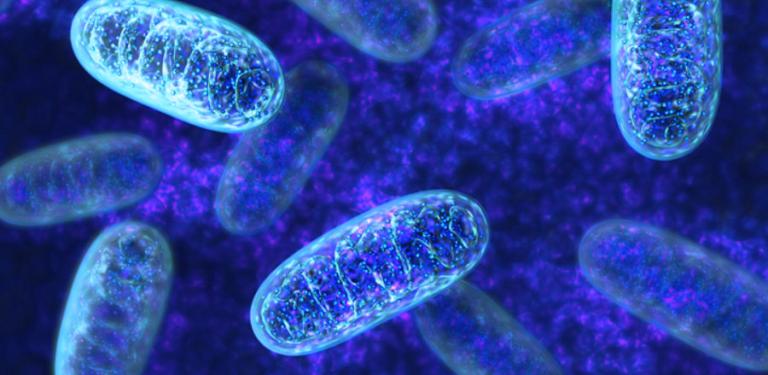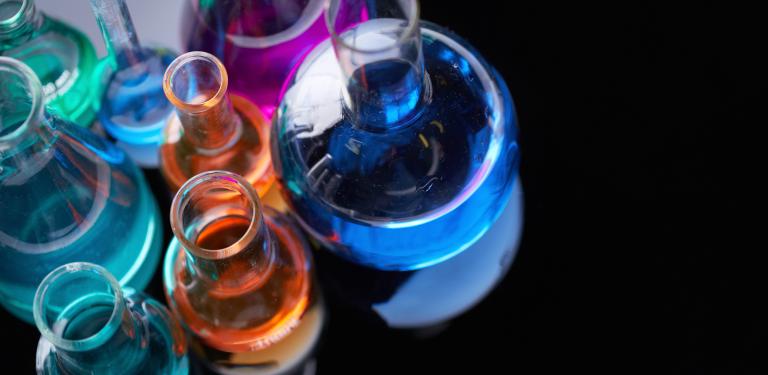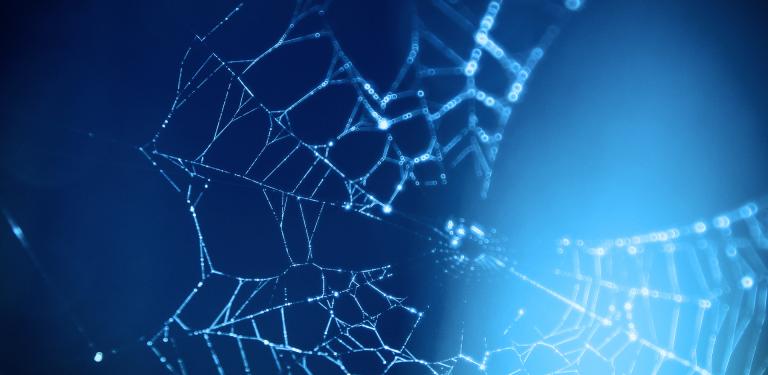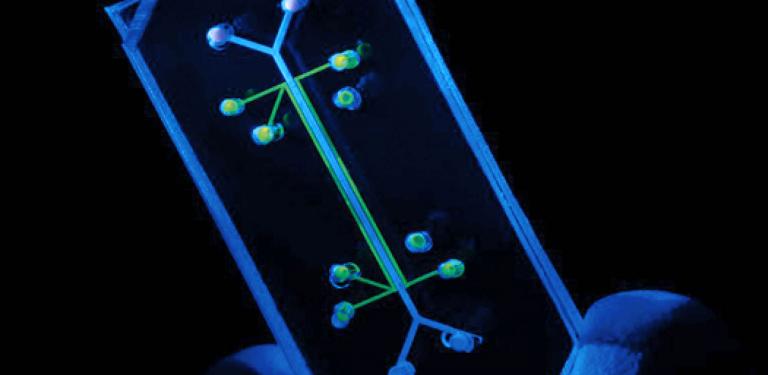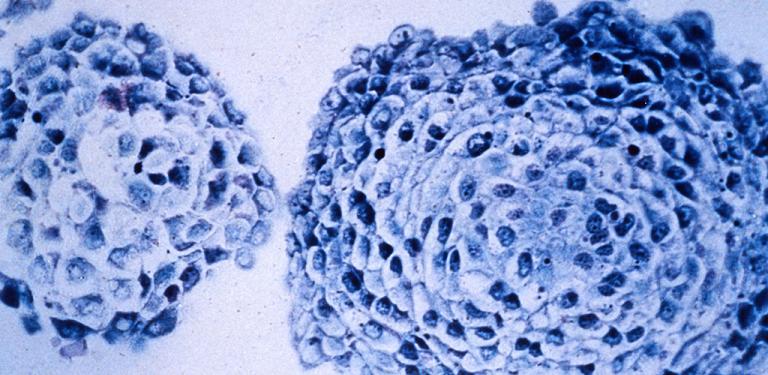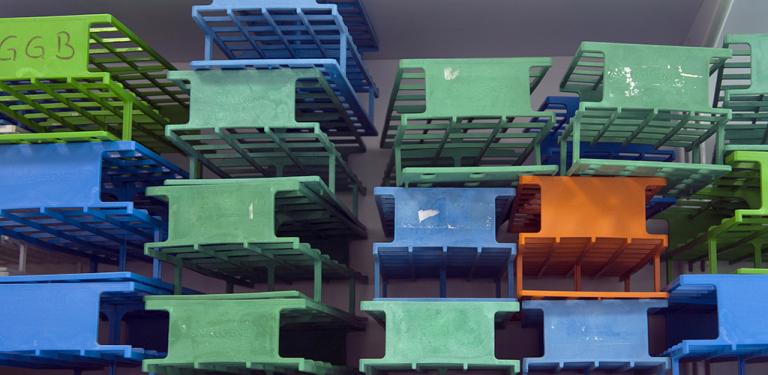 News
NewsWhen the structure of Tunneling nanotubes (TNTs) challenges the very concept of cell
Cells in our bodies have the ability to speak with one another much like humans do. This communication allows organs in our bodies to work synchronously, which in turn, enables us to perform the remarkable range of tasks we meet on a daily basis. One of this mean of communication is ‘tunneling nanotubes’ or TNTs. In an article published in Nature Communications, researchers from the Institut Pasteur ...
 Scientific events
Scientific eventsA closer look at your daily scientific activities – "Scientific events": February 1, 2019 edition
The Scientific Secretariat General compiles information on the week’s conferences and publications, patents, funding opportunities, job vacancies, training and events that you may find useful for your career... If you have any questions, please contact: scilife@pasteur.fr Download the PDF of the "Scientific events" edition from February 1, 2019 Consult the archives
 Research
ResearchCall for applications for the creation of new junior groups (G5s)
The Institut Pasteur is issuing a call for applications for new heads of junior groups (G5s). This call for proposals focuses on the following three topics, which are the priority areas set out in the new strategic plan: Emerging infectious diseases Antimicrobial resistance Brain connectivity and neurodegenerative diseases In connection with these priorities, the call for proposals is also open via ...
 quality of working life
quality of working lifeWorking from home at the Institut Pasteur
The new agreement introducing the option of working from home comes into force today. This important agreement, signed by the management team and all the Institut Pasteur's trade unions, reflects the Institut Pasteur's commitment to improving the quality of working life, by enabling staff to achieve a better balance between their professional and personal life. We would remind you that three different ...
 responsible campus
responsible campusDisposing of non-chlorinated waste water
In view of the Institut Pasteur's location in central Paris and the nature of its work, it has an obligation not to discharge effluent into the drainage system. Effluent discharge is strictly prohibited by regulations. A specific waste stream – "UN3082 non-chlorinated waste water" – was introduced in August 2017 for waste water with no particular risk other than for the environment. The UN3082 ...


